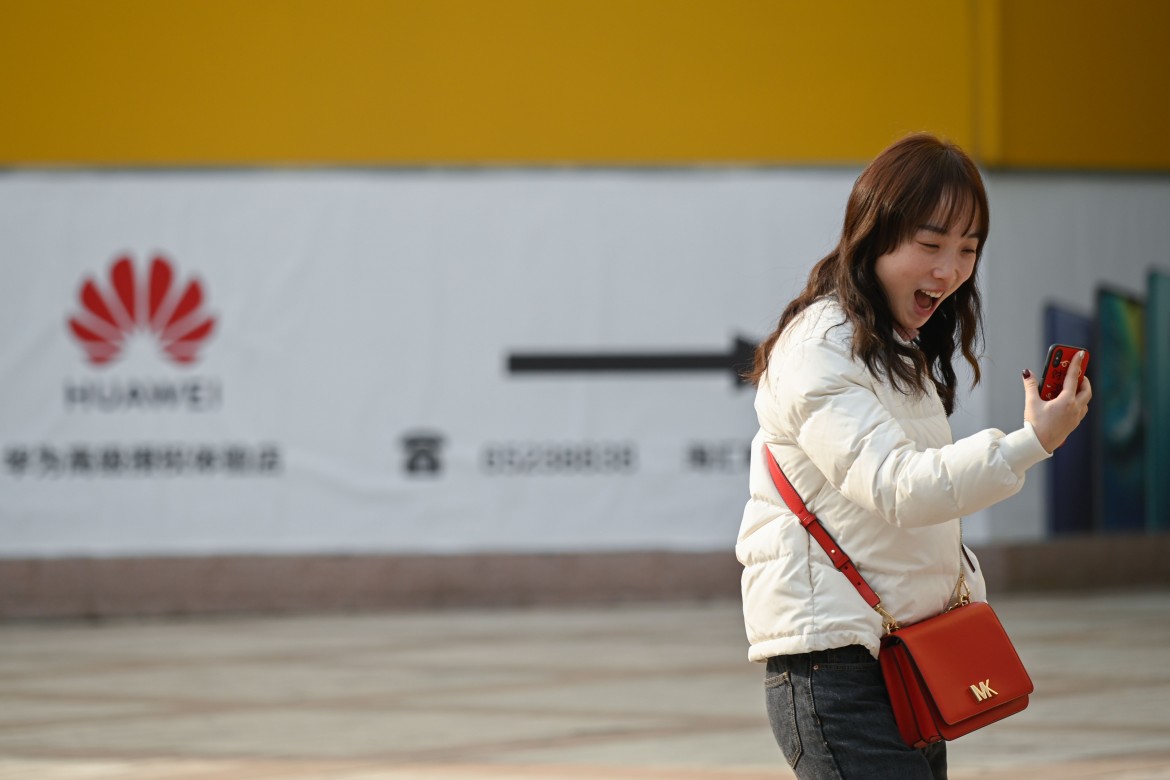Analysis
Rome and London are unmoved by US pressure over Huawei
Under the M5S government, Italy has moved closer to China, especially given the large trade opportunities presented by the New Silk Road. Officials say Rome has no intention of banning the company.

Italy is resisting America’s alarmism and is not going to ban Huawei, but it is attempting to build up its own abilities to better assess any security risks.
With this stance, Rome is following the lead of other countries that traditionally follow America’s lead, but which have recently corrected course (a list including such major players as Germany and the UK).
While these developments ostensibly revolve around Huawei, there is a geopolitical clash playing out in the background, with the US engaged in actively pressuring its allies to take a more anti-China stance, in the context of Beijing’s recent international activism.
For now, the Europeans don’t seem to be responding to the pressure from Washington, perhaps as a side effect of Trump’s wildly wavering foreign policy, not least on the question of the Syrian “foreign fighters.” However, the US accusations against the Chinese company Huawei is leading to a full-court push by Washington across the board.
After a report by the National Cyber Security Center in London came out claiming that the UK was ready to handle any possible security issues tied to the Chinese company, it seems that the US is now focusing its efforts on persuading Italy (after Australia and New Zealand have already followed Washington’s lead by blocking Huawei from taking part in various projects). The accusations put forward by the Americans are based on the suspicion—not supported by any evidence so far—that Huawei has the capability to use its telecommunications infrastructure to access sensitive information about other countries, including on issues of national security, and convey it back to Beijing and the ruling Chinese Communist Party.
With the M5S in government, Italy seems to be particularly well-disposed toward China, especially if we look at the frenzy of activity at the Ministry for Economic Development (MISE): a task force has been set up, a visit by Xi Jinping is expected for late March, and Prime Minister Conte might also (as Gentiloni previously did) attend the second summit on the New Silk Road, scheduled for April in Beijing. In the days when the anti-Huawei push was at its strongest, the MISE explicitly denied that any measures would be taken against the Chinese company. The fact remains that Huawei has an important position in Italy, especially in connection with the experimental deployment of 5G networks (in Milan, Prato, Bari and Matera), in collaboration with the local telecom operators.
As regards the licenses for 5G service, it should be noted that contrary to the claims of some in the media, as confirmed by sources within Huawei itself, the Chinese company has nothing to do with that, as they are granted exclusively to telecom operators.
Italy’s closeness to China, a bond that might be further strengthened by the signing of a memorandum on the New Silk Road (Italy would be the first of the G7 countries to sign such a document) is causing significant worries for the US.
In recent days, vice-prime minister Luigi Di Maio has met with the American ambassador. This meeting was ostensibly about the Venezuela issue, but the American side took the opportunity to express its concerns about Huawei. Di Maio is reported to have told the US ambassador that an institutional body was being set up within MISE which would analyze the risks associated with 5G technology; however, Di Maio is also said to have stated clearly that Italy has no intention of banning Huawei from its communications and technology sector. A special session was held in the Chamber on this topic on Jan. 29, with the object of starting an investigative study on the new telecommunications technologies, with particular attention paid to the transition to 5G and to Big Data management.
Elisabetta Ripa, the managing director of Open Fiber, explained to us the structure of the architecture that is currently being discussed only in “geopolitical” terms: “In the transport network, where the information is found, meaning where the information travels and the bitrates are provided that are important for national security, we have two vendors: the transport layer is handled by Huawei, while the IP layer, the layer where the information is actually located, is running on Cisco technology. We have Huawei in the ‘dumb’ part of the network, and we have Cisco for the ‘smart’ part.”
Adding to the pressure from the US side, there is also a report that has been compiled by the US counterintelligence apparatus and made available to Italian intelligence, concerning the risks of malicious “interference” on the part of Huawei. The Italian parliamentary bodies that deal with these types of threats, such as COPASIR, are monitoring the situation and will also conduct the aforementioned investigative study on cybersecurity issues. They are taking into account both the US’s “warnings” and the need for Italy to use all the technical means available that may be able to predict the existence of security-related issues.
Meanwhile, in an BBC interview, Huawei’s founder, Ren Zhengfei, launched counter-accusations against the US, strenuously defending the independence of his company and its strength in the sector.
Originally published at https://ilmanifesto.it/roma-e-londra-si-smarcano-dal-pressing-usa-su-huawei/ on 2019-02-20
